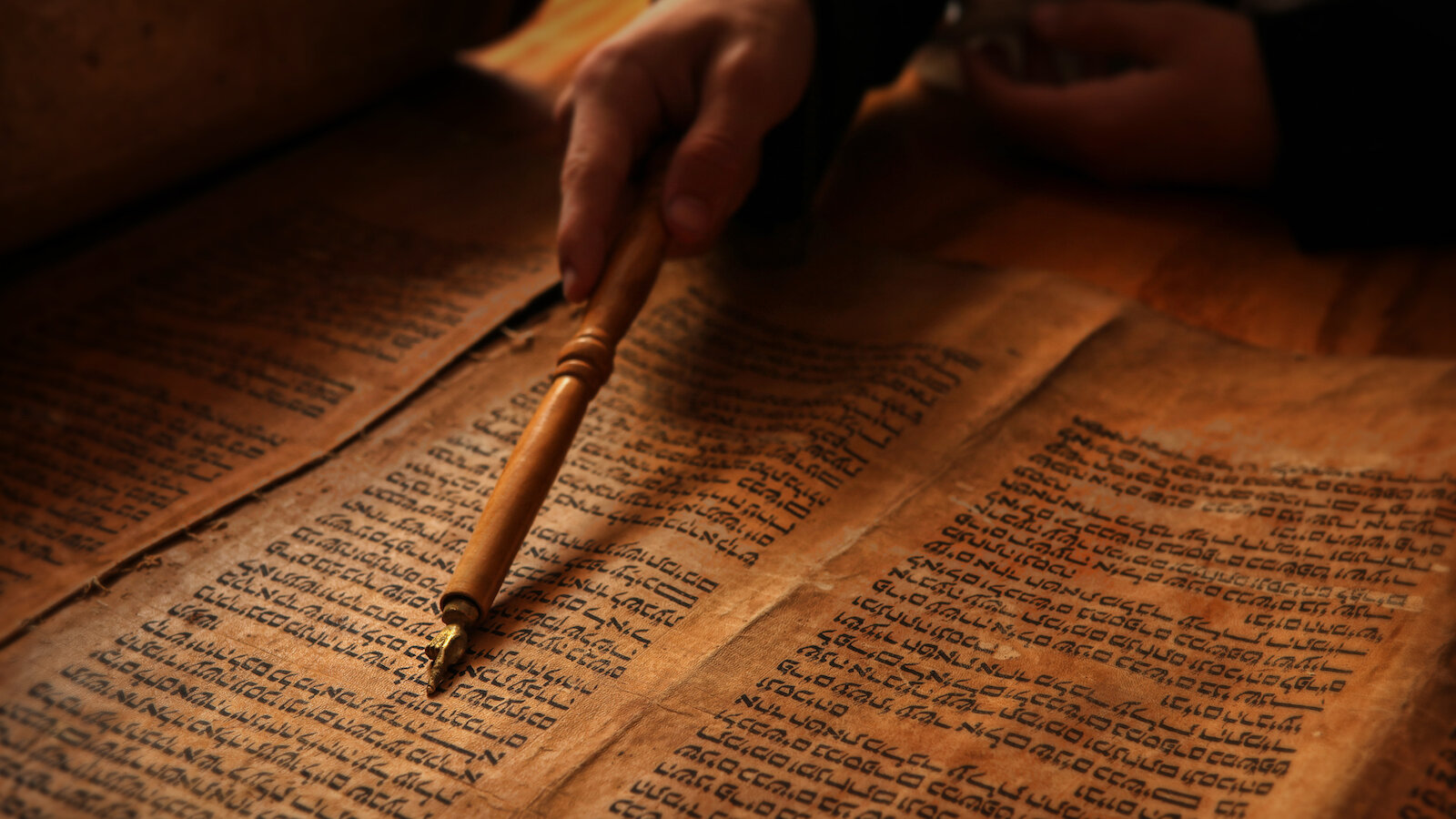
Modern-day scribes telling stories.
(don’t worry, it’s in English!)
The True Meaning of the Word 'Hamas'
Dive into the deep-rooted meanings behind the name 'Hamas,' a word that signifies more than a political entity but echoes centuries-old spiritual battles. Discover why, in the face of current atrocities, our ultimate hope lies in Sar Shalom, Jesus, the Prince of Peace.
From the River to the Sea: Unpacking the Slogan That's Shaping Israel's Crisis
Israel faces an escalating crisis and an alarming narrative is spreading. Explore why this isn't just a regional issue but a call for global awareness and spiritual action. Discover what role the church has in standing up for truth and justice.
The Battle for Israel: Why It's Your Fight Too
Explore the deeper layers of Israel's significance amid the ongoing crisis and war. Learn why understanding and supporting Israel is a spiritual necessity, not just a political or humanitarian choice. Discover how you can engage actively and effectively through prayer and practical means.
Day 10: The Scapegoat that became the G.O.A.T. (Yom Kippur)
Here we are, at the peak of the Ten Days of Awe, Yom Kippur. It's the Day of Atonement, a time when many Jewish people fast, pray, and attend synagogue services. This solemn day carries enormous significance. It's not just a day to say sorry, but to truly reflect on one's actions and seek genuine atonement. While the weight of the day is profoundly felt in Jewish communities, it also offers an extraordinary moment for us as followers of Jesus to recognize Him as our ultimate atonement.
Day 9: No Longer Bound: Released From Sin Into Salvation
The human soul seems hardwired to long for atonement—a strong, sometimes desperate, desire for forgiveness and release. This is a sentiment that echoes across cultures and religious practices, revealing a shared yearning to be set right with God. As we delve into Day 9, we find in the story of the Akedah a vivid representation of how far God was willing to go to grant us that atonement. "God will provide for Himself the lamb for a burnt offering, my son," Abraham tells Isaac, echoing a promise fulfilled through Jesus (Genesis 22:8).
Day 8: Cast my sins into the depths of the sea. (Tashlich)
There is the practice of Tashlich, a deeply symbolic ceremony that resonates with believers of all backgrounds. As the sun sets and the day comes to an end, many Jewish people flock to rivers and streams, emptying their pockets or throwing pieces of bread into the water. This simple yet powerful act serves as a physical embodiment of letting go, a casting away of sins and burdens. For Christians, it's hard not to think of the ultimate sacrifice of Jesus, the Messiah, who makes it possible to truly cast our sins "as far as the east is from the west."
Day 7: What does it mean to return to the Lord? (Shabbat Shuvah)
Central to the Days of Awe is what we call Shabbat Shuvah, or the "Sabbath of Return." Situated between Rosh Hashanah and Yom Kippur, this Shabbat holds a special significance. It serves as a momentary pause, a sacred interval for personal and communal reflection. In a season filled with introspection and repentance, Shabbat Shuvah invites us to come home - to return to the Lord with all our hearts. For Christians, this idea of "returning" finds its full expression in the grace and redemption offered through Jesus, our Messiah.
Day 6: What will we do for atonement?
The human soul carries a deep yearning for atonement. In cultures around the world and across the broad expanse of religious thought, rituals and traditions abound, highlighting the lengths we go to find relief from the weight of our mistakes and misdeeds. The Jewish people are no different. As followers of Jesus, we know that our atonement not only covered our sins once for the next year, but also forgave our sins once and for all.
Day 5: Where can we show kindness? (Tzedakah)
The concept of Tzedakah, often translated as “charity,” but more accurately understood as righteousness or justice. Giving isn't merely a charitable endeavor, but an ethical obligation. For Christians, this resonates deeply with the New Testament teachings on almsgiving and love for neighbor. Here, the idea of 'faith without works is dead' rings loud and clear.
Day 4: Prayer is more than monologue. (Tefilah)
These Days of Awe invite us into the heart of prayer, or Tefillah, in Hebrew. Prayer is a universal act, a meeting place between the human and the divine, and during these days, it takes on an even more profound significance. Tefilah is less about asking God for what we need, and more about aligning ourselves with God’s will. For Christians, the idea of interceding with Jesus as our mediator adds a layer of grace to this sacred time.
Day 3: What does real repentance look like?
Let’s look into the essence of Teshuvah, which in Hebrew means "returning" or "repentance." While the word "repentance" might conjure up images of regret and shame, Teshuvah is about turning toward something as much as it's about turning away from something else. It's about re-aligning ourselves with God.
Day 2: The day of the blowing of trumpets, but why?
The sound of the shofar (ram’s horn) calls us to something extraordinary - Yom Teruah, commonly known as the Day of Trumpets. This isn't just any call; it's an announcement, a heralding of something majestic.












